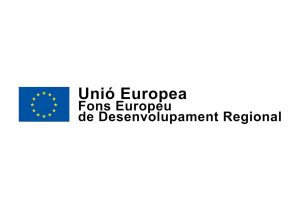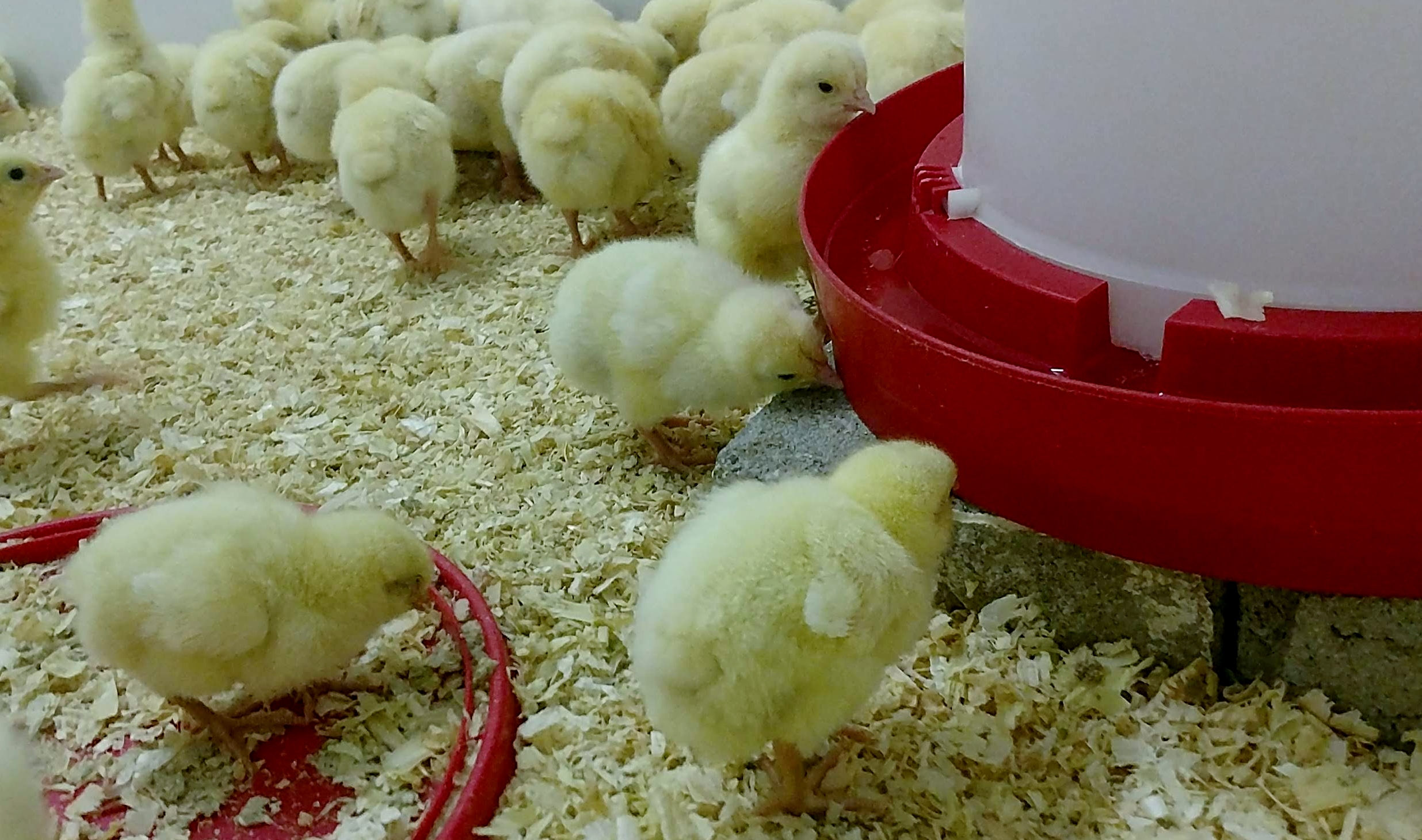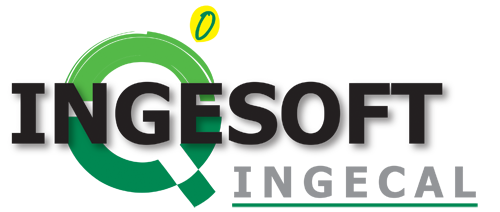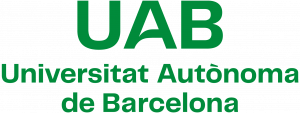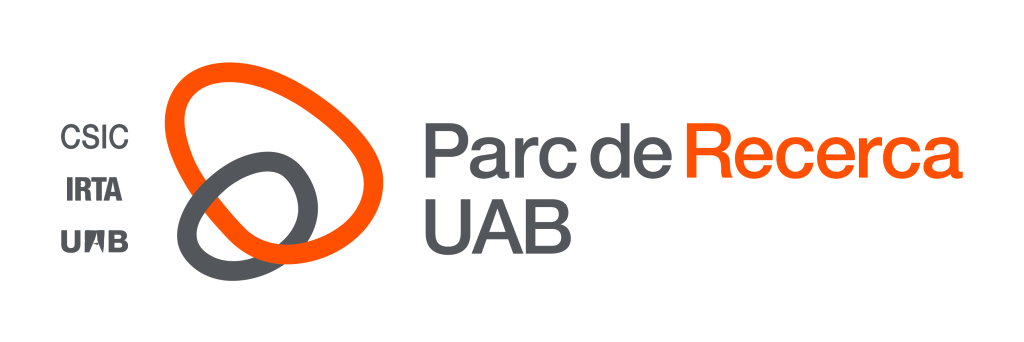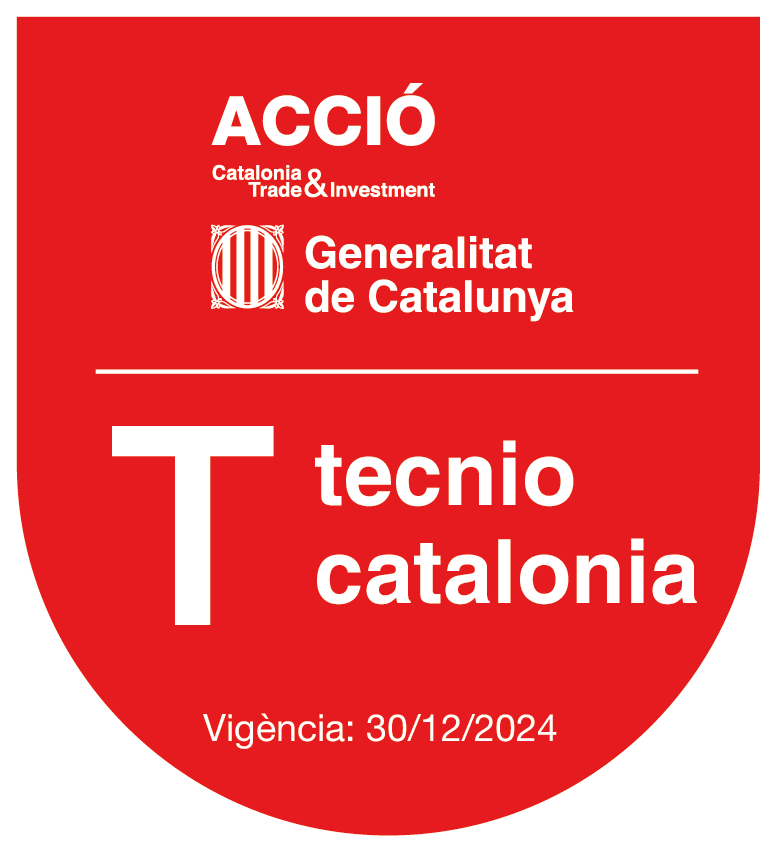Within the framework of animal production in Europe, more than 70% of the expenditure of this industry corresponds directly or indirectly to the production of feed, where in a specific way the energy of the diet represents the main cost. On the other hand, the agroalimentary industry for the refining of fatty oils in the EU generates more than 400,000 tons of acidic oils, as well as a considerable amount of other sub-products that are underutilized or of low economic value. In addition, the use of antioxidants in the feed of synthetic origin far exceeds those of natural origin.
Therefore, in this context, the searching process to find the valuation of new byproducts with the objective of applying them in animal feed is an essential aspect to be able to reach a greater degree of sustainability in the production of food of animal origin and direct this production towards a system of circular economy. In addition, the valuation of a by-product can not only allow the reuse of resources and reduce the volume of waste, but it can also lead to the discovery of other resources economically more profitable than those currently employed.
In this sense, the challenge of the project is the obtaining and valuation of new fatty byproducts and alternative natural antioxidants for the use in food of monogastric animals (chickens, layers and pigs). Therefore, the final objective will be the evaluation of the effects of the combined use in feed formulations of new antioxidant substances of natural origin and alternative fats rich in medium chain fatty acids (MCFA), on production parameters and quality of the meat and eggs, as well as the effects on the morphology and gastrointestinal physiology of the animals.
Seeking for alternative antioxidants of natural origin will focus on the study of new substances from the extraction of by-products and co-products of plant origin and / or the fishing industry. The objective is to try to reuse byproducts of the agri-food sector, identifying and isolating active substances capable of protecting the lipids and the rest of the lipid components of the feed (vitamins, carotenoids, etc.) from the oxidation processes. Likewise, potential antioxidant effects in vivo and their impact on the lipid quality and shelf life of the food produced (meat and eggs) will be evaluated.
Regarding to fatty by-products, these are acid oils rich in MCFA, obtained from the industrial refining of edible oils and fats. Therefore, it is intended to obtain a new revalorized material, demonstrating that acid oils can be a more economical alternative of energy source in animal feed, without the health and productive levels of animals, as well as stability, nutritional quality and acceptability of the final product, are compromised.
In conclusion, LIPOXIFEED project will improve the profitability and sustainability of monogastric animal production systems, without negatively affecting the quality and safety of the food produced.
PARTICIPATING COMPANIES






LIPOXIFEED, is one of the projects of the COTPA (Comunitat Tecnologies Producció Agroalimentària) within the strategy of research and innovation for smart specialisation of Catalonia RIS3CAT.
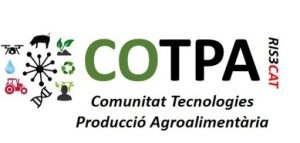
LIPOXIFEED
R+D+I project RIS3CAT communities. Project number COMRDI16-1-0033.
This project is co-financed by the European Fund of Regional Development of the European Union within the framework of the FEDER operating program of Catalunya 2014-2020 and managed by ACCIÓ.
